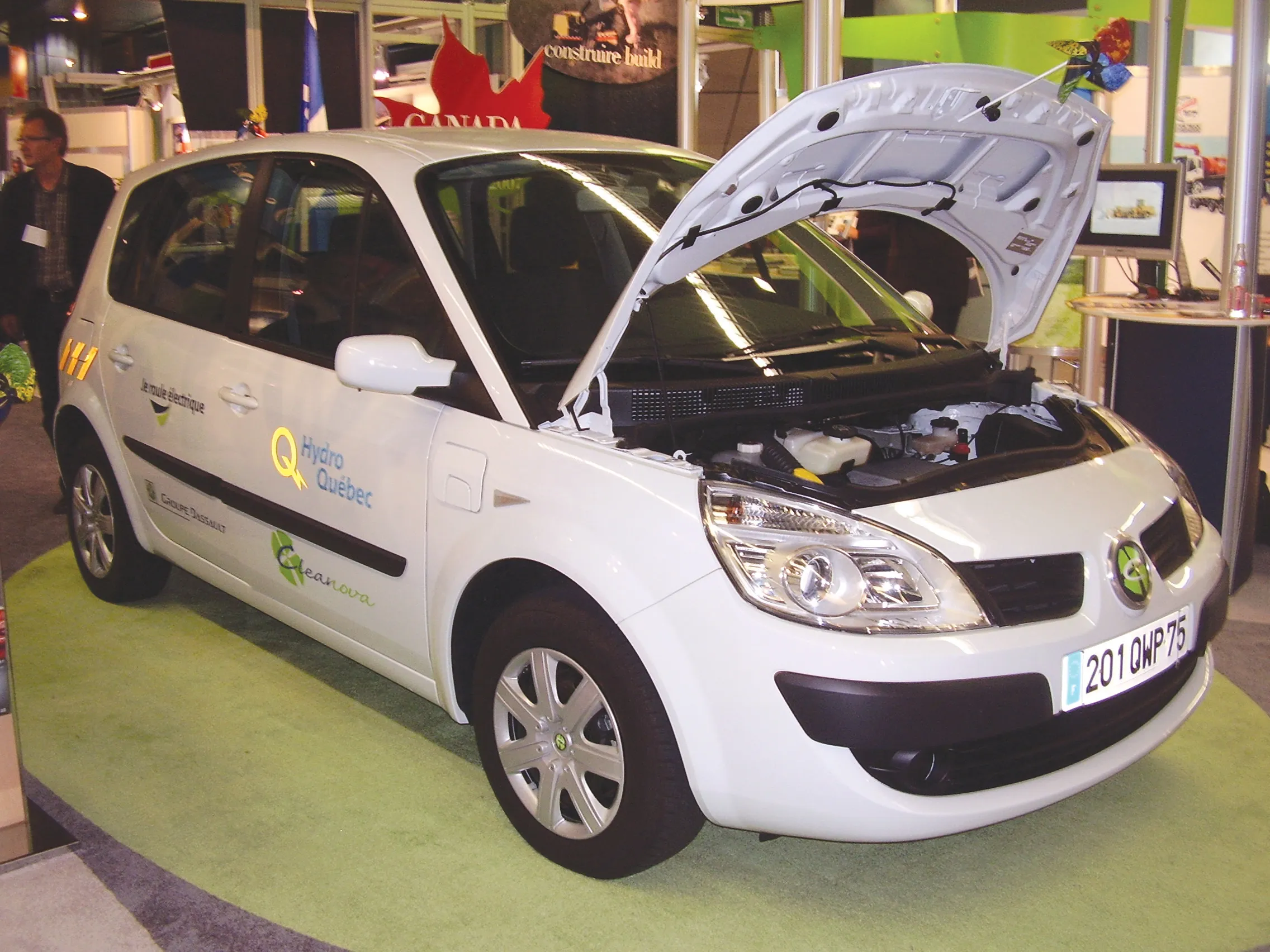WiTricity Corporation, IHI Corporation, and Mitsubishi Motors Corporation have agreed to join forces to research and develop easily deployable wireless electric vehicle (EV) charging systems.
April 30, 2012
Read time: 2 mins
RSS5355 WiTricity Corporation, IHI Corporation, and 3055 Mitsubishi Motors Corporation have agreed to join forces to research and develop easily deployable wireless electric vehicle (EV) charging systems. It is claimed that the partnership of three major players in the wireless charging, electric infrastructure, and EV areas coming together will accelerate the popularisation of wireless charging systems for EVs by developing systems that are usable "right out of the box" for individuals, governments, and other entities.
Wireless charging systems allow transfer of energy from a source placed on or under the ground, to a vehicle equipped with an energy capture device. Charging occurs automatically when the vehicle is parked, with no physical contact between the vehicle and the charging source. WiTricity has already developed and brought to market its patented magnetic resonance wireless charging system.
The company claims its system can transfer energy further and more efficiently in comparison to conventional systems such as electromagnetic induction and microwave transmission. It pushes the possibilities of wireless charging by being able to deliver up to 3.3 kW of charging power over a distance of 20cm (almost eight inches) at an efficiency rate of more than 90 per cent, in a manner that is safe and user friendly.
Wireless charging systems allow transfer of energy from a source placed on or under the ground, to a vehicle equipped with an energy capture device. Charging occurs automatically when the vehicle is parked, with no physical contact between the vehicle and the charging source. WiTricity has already developed and brought to market its patented magnetic resonance wireless charging system.
The company claims its system can transfer energy further and more efficiently in comparison to conventional systems such as electromagnetic induction and microwave transmission. It pushes the possibilities of wireless charging by being able to deliver up to 3.3 kW of charging power over a distance of 20cm (almost eight inches) at an efficiency rate of more than 90 per cent, in a manner that is safe and user friendly.







